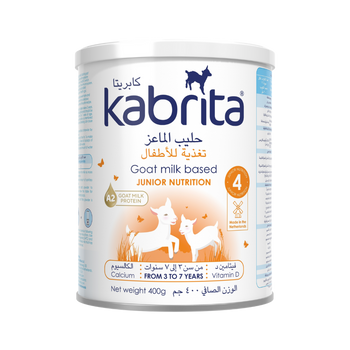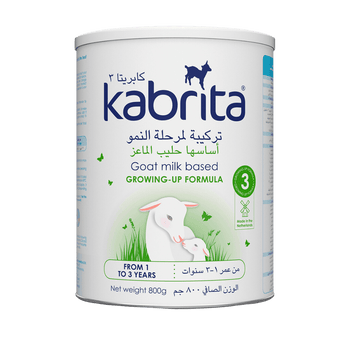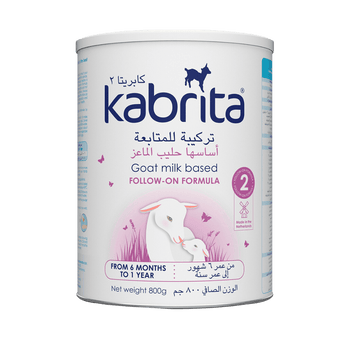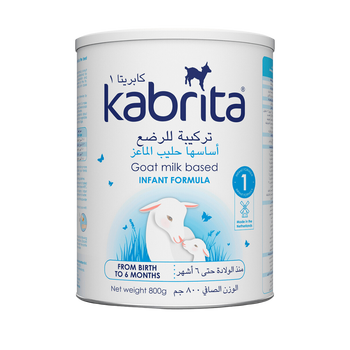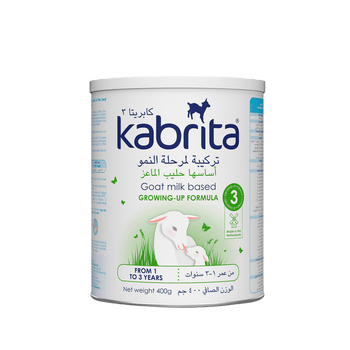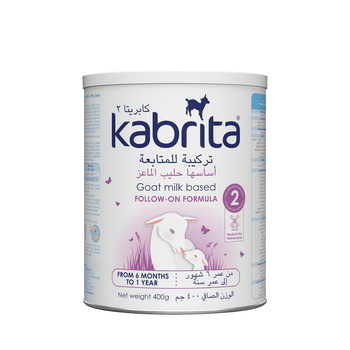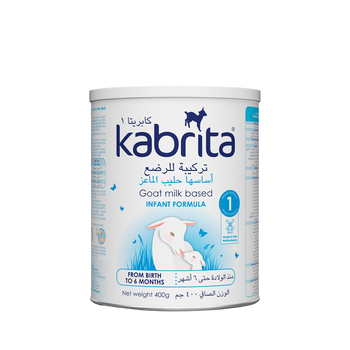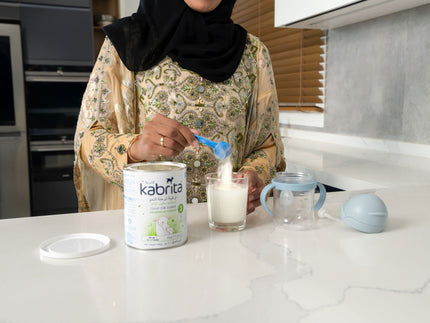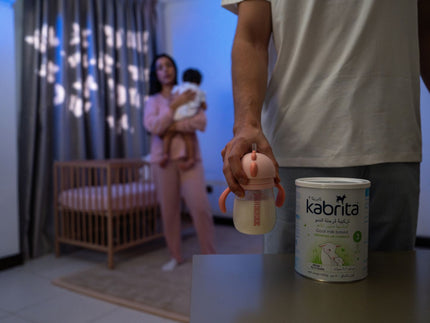Managing Baby Eczema: Tips and Treatments for New Parents
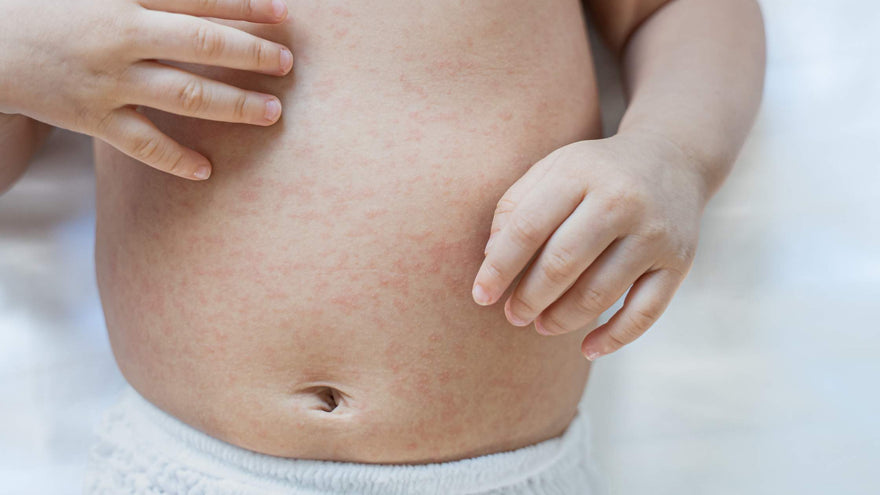
Baby eczema is a common chronic skin condition causing red, itchy, inflamed patches on cheeks, scalp, and limbs. Genetics, immune sensitivity, environmental triggers, and skin barrier issues contribute to development.
Symptoms are managed through consistent care including moisturizing, gentle bathing, avoiding triggers, using prescribed treatments, and maintaining soft clothing with proper hygiene. Understanding these factors helps parents reduce discomfort, prevent flare-ups, and support overall skin health.
As a new parent, seeing your baby in discomfort can be heart-wrenching, especially when they have a skin condition like eczema. Baby eczema, also known as atopic dermatitis, is common but manageable with the right knowledge and care. In this blog, we’ll explore what baby eczema is, its symptoms, causes, and effective baby eczema treatments to help your little one find relief.
What is Eczema in Babies?
Eczema is a chronic skin condition that causes red, itchy, and inflamed patches of skin. In babies, it typically appears on the cheeks, scalp, and outer arms and legs. While it can be distressing, understanding the condition is the first step in managing it effectively.
Symptoms of Baby Eczema
Identifying eczema can be challenging, especially for first-time parents. Here are common baby eczema symptoms to look out for:
- Red, Inflamed Patches: These are often the first signs and can appear anywhere on the body.
- Itchiness: Your baby may scratch the affected areas, leading to more irritation.
- Dry Skin: Eczema patches are usually dry, flaky, and can even crack.
- Crusting and Oozing: In more severe cases, the skin can become crusty and ooze clear fluid.
- Thickened Skin: Repeated scratching can lead to thickened, leathery skin.

Causes of Baby Eczema
The exact cause of eczema isn’t known, but several factors can contribute to its development:
- Genetics: Eczema often runs in families. If you or your partner have eczema, asthma, or allergies, your baby may be more likely to develop it.
- Immune System: An overactive immune system can cause the skin to overreact to minor irritants or allergens.
- Environmental Factors: Common triggers include harsh soaps, certain fabrics, heat, and allergens like dust mites or pet dander.
- Skin Barrier Dysfunction: Babies with eczema often have a weakened skin barrier, making it easier for moisture to escape and irritants to enter.

Diagnosing Baby Eczema
If you suspect your baby has eczema, it’s important to consult with a pediatrician or dermatologist. They can diagnose the condition based on a physical examination and your baby’s medical history. In some cases, they may recommend allergy testing to identify potential triggers.
Treatment Options for Baby Eczema
While there’s no cure for eczema, several baby eczema treatments can help manage symptoms and keep your baby comfortable:
- Moisturizing: Keeping your baby’s skin hydrated is crucial. Use a fragrance-free, hypoallergenic moisturizer several times a day, especially after bathing.
- Bathing: Give your baby short, lukewarm baths and use mild, fragrance-free cleansers. Avoid hot water and harsh soaps that can dry out the skin.
- Topical Steroids: For more severe eczema flare-ups, your doctor may prescribe a mild corticosteroid cream to reduce inflammation and itching.
- Antihistamines: These can help reduce itching and make your baby more comfortable, especially at night.
- Avoid Triggers: Identify and avoid known triggers, such as certain fabrics, detergents, or foods that can exacerbate eczema.
How to Manage Eczema in Babies
- Dress in Soft Fabrics: Cotton clothing is gentle on the skin and allows it to breathe. Avoid wool and synthetic fabrics that can irritate the skin.
- Keep Nails Short: Trim your baby’s nails regularly to prevent scratching and further skin damage.
- Use a Humidifier: Keeping the air moist can help prevent your baby’s skin from drying out, especially in the winter months.
- Monitor Diet: For breastfeeding mothers, certain foods can trigger eczema in babies. Consider keeping a food diary and discuss potential dietary changes with your doctor.
- Stay Consistent: Regular eczema skincare routines and consistent use of prescribed treatments can help keep eczema under control.

Conclusion
Navigating baby eczema can be challenging, but with the right information and care, you can effectively manage your baby’s symptoms. Always consult with healthcare professionals for personalized advice and baby eczema treatment options. Remember, you’re not alone in this journey—many parents face the same challenges and find ways to soothe their baby’s skin and keep them comfortable. With patience and persistence, you can help your little one thrive despite eczema.
